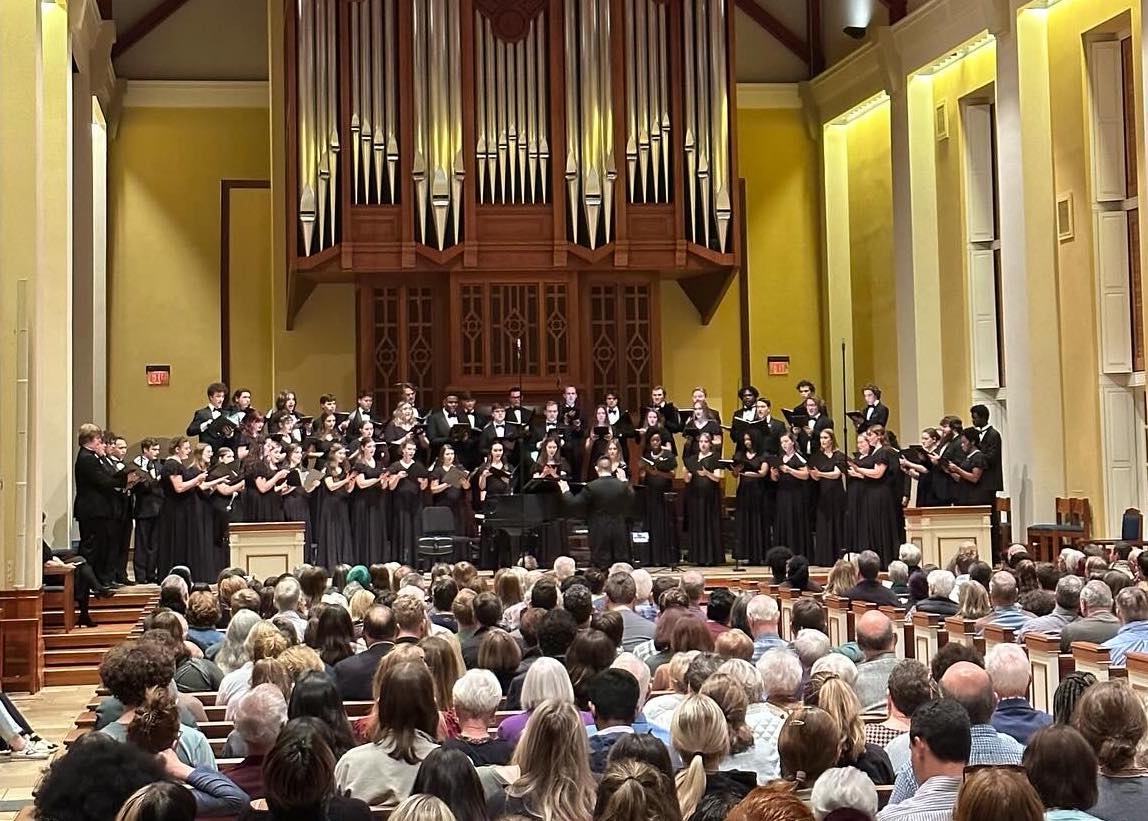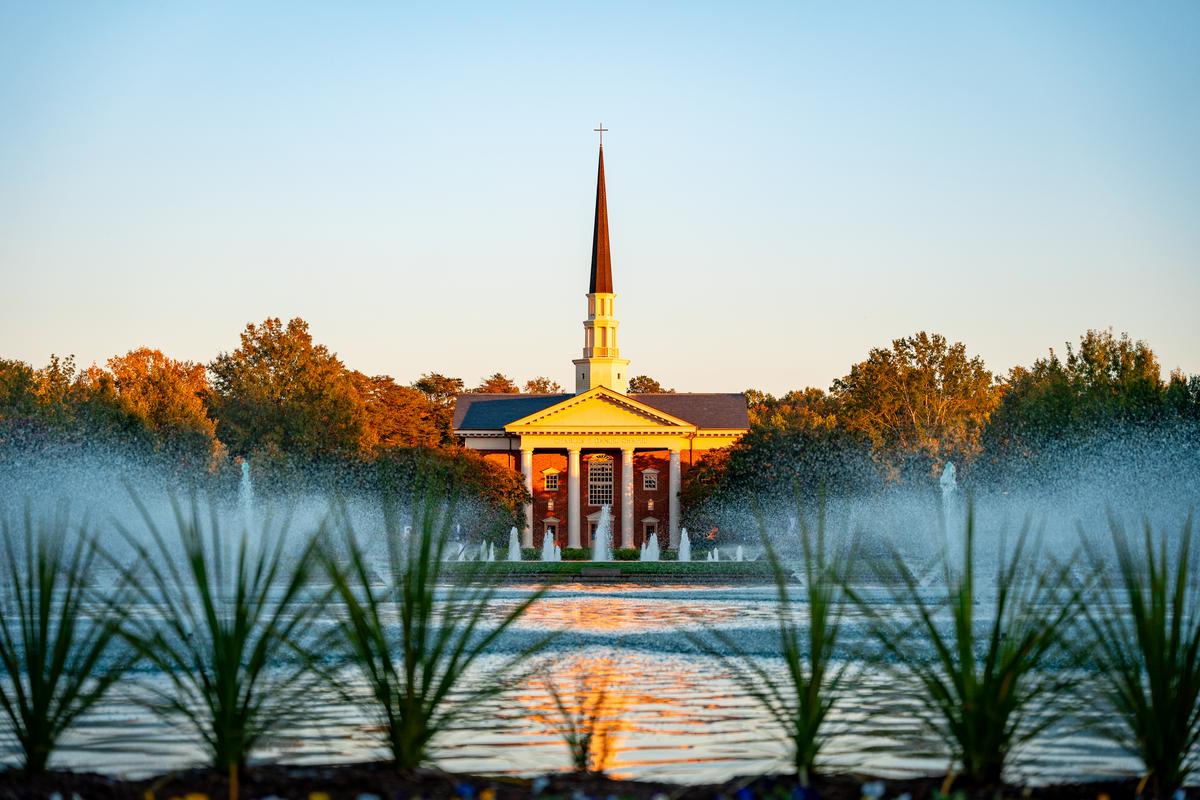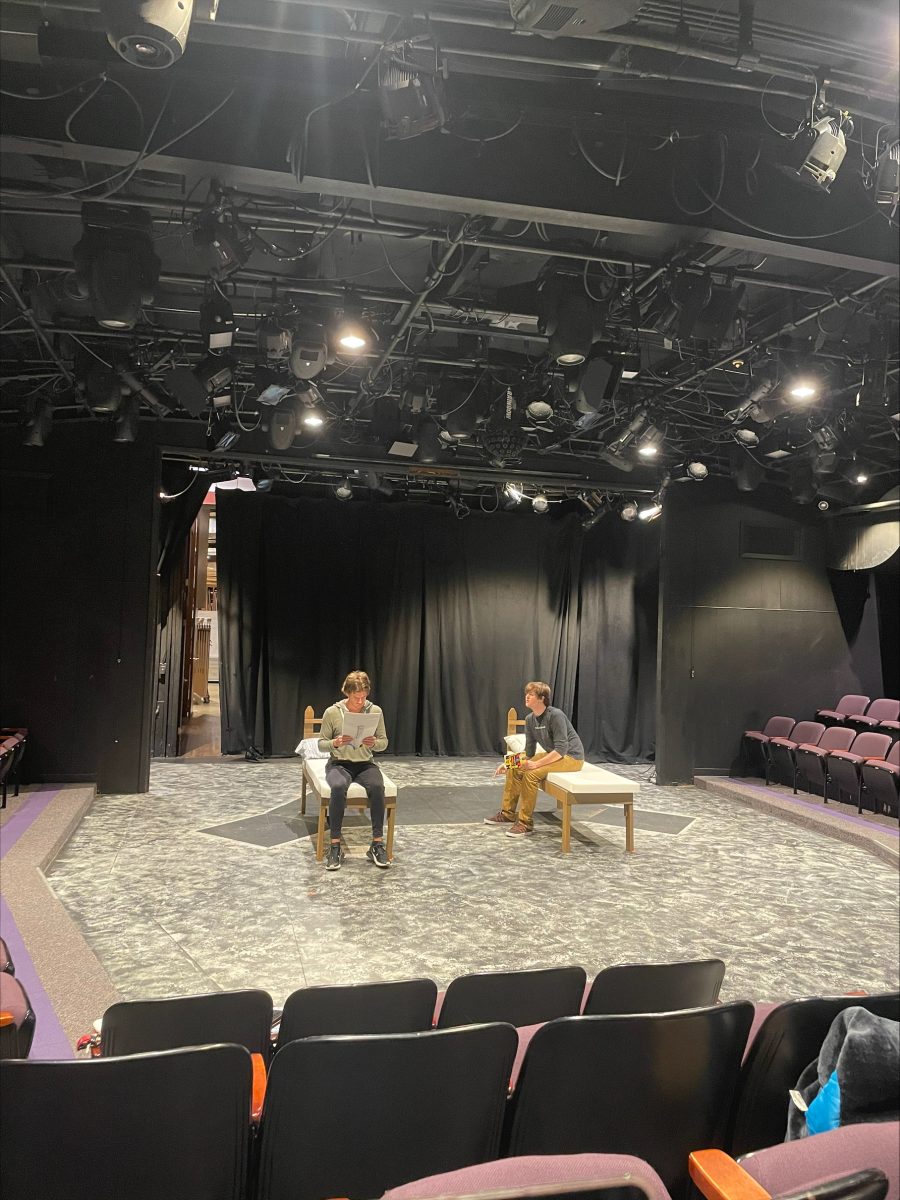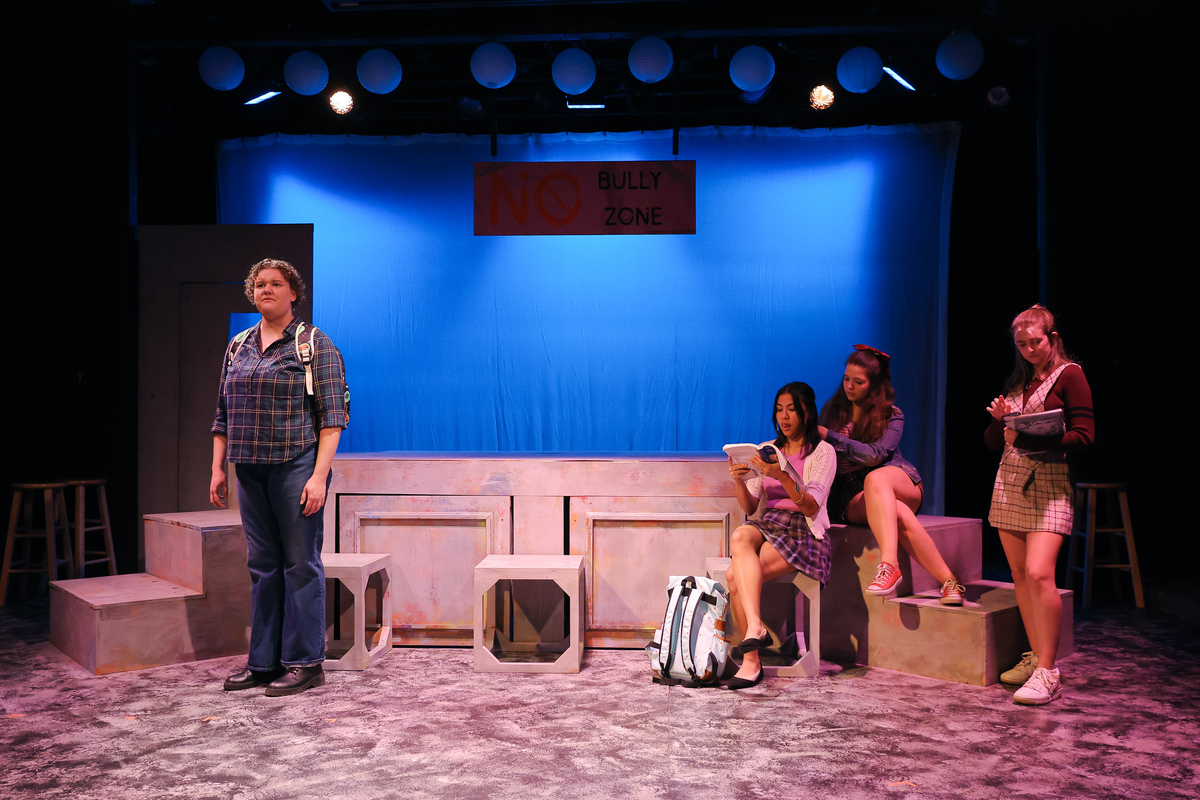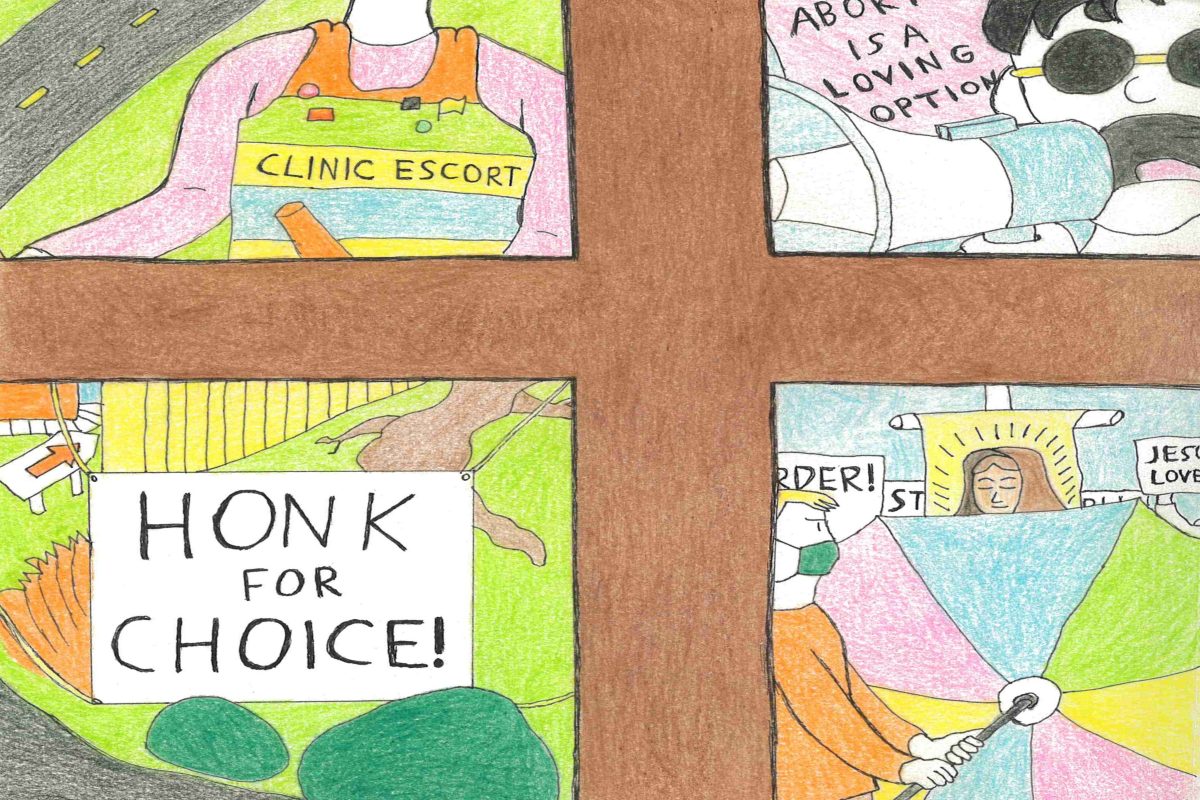Nature graces every acre of Furman University’s campus. That said, students, faculty and community members alike need reminders to step away from their busy schedules and bask in the natural scenery our campus offers. The Furman Singers concert held on the night of Oct. 19 served as this reminder for many with its musical focus on nature and its healing ability.
The concert was at 7:30 p.m. in Daniel Chapel. The public anticipation for the Furman Singers’ first fall concert was great; it attracted such a large audience that some viewers had to stand or sit against the chapel’s side walls after all the seats were taken. Conducting the night’s choir concert was Dr. Stephen Gusukuma, Bingham L. Vick, Jr., and Judith S. Vick, Assistant Professor of Music and Director of Choral Activities.
In designing the concert, Dr. Gusukuma was inspired by the healing power of nature, so much so that he chose to make nature the concert’s focus. While briefly addressing the audience, he expressed how acts of violence happening across the world have been inflicting sorrow, outrage, confusion, and fear on people. Nature does not just provide a break from troubling times; the outdoors also helps with coming to terms with them and strengthening the unity of an aching community. With this in mind, a handful of pieces reflected on the healing power of nature in times of grief. Among these was Camille Saint-Saëns’s “Les fleurs et les arbres” (The flowers and the trees), “Op.68, no. 2.”
Hymns were among the many forms of songs performed, most of which were accompanied by organist and Professor of Music Emeritus Dr. Charles Tompkins. The choir and organ started the concert with a strong, forte rendition of Sidney Campbell’s “Sing we merrily unto God our strength.” They then performed Johannes Brahms’ “Geistliches Lied, Op. 30,” with softer dynamics. While neither of these hymns explicitly alluded to nature, they introduced the spiritual awe and comfort that comes with seeing the divine through nature.
A few songs highlighted nature’s influence on human and community connection. John Ireland’s “The Hills” remarks on the perseverance of hills, able to withstand any storm. Nature’s resilience serves as a reminder of humanity’s own resilience; no matter how strong worldly tragedies may be, they can neither break the human spirit nor hinder efforts to help those in need. The choir and pianist Hailey Anthum Hunter followed this piece with Eric Barnum’s “Afternoon on a Hill.” What added interest to their rendition of this piece was the melancholic musical arrangement against the lyrics’ otherwise optimistic message. This combination seemed to portray the resolve of remaining thankful and purposeful in nature’s presence during disheartening times.
Before conducting the third movement of Shara Nova’s “Carols After a Plague,” Dr. Gusukuma told the audience why he felt it was important to include the piece. He related the song’s message that confronting discomfort was a necessary pathway to joy to the university’s mission of challenging students to listen to and process discourse about issues.
He said his hope for the Furman community by way of the piece was to help “empower ourselves as human beings, to continue on with our way forward, to honor ourselves, and to get back the things that make us alive.” In the context of nature, it teaches that people should not use nature as a constant means of escaping difficulties; rather, they should use it to instill calmness and determination in themselves for approaching difficulties.
Two of the concert’s concluding pieces painted a more complex picture of nature as a awe-inspiring force that can provide both shelter and difficulty. Regardless of this fact, the pieces suggest approaching nature with gratitude. Craig Hella Johnson’s poignant piece “Song from the Road” portrayed nature as an entity that inspires courage and hope within its weary travelers. Similarly, “Grace Before Sleep” by Susan LaBarr tells a brief story of a group of travelers finding comfort and safety after overcoming the brutalities of nature.
A healthy relationship between humanity and nature bears many fruits, from gaining fresh perspectives to coping with life’s obstacles. These lessons are especially important given the crises currently being experienced by both humanity and the environment. With the audience’s positive reception of the concert, it is likely that they departed with a refreshed appreciation for the nature around them.


























